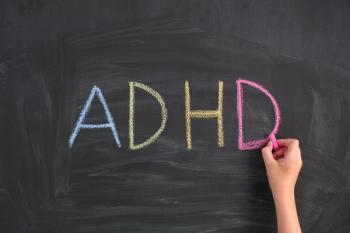
Are cardiometabolic issues linked to later mental health concerns?
A report looks into how insulin levels and body mass index may have ties to mental health concerns.
The impact of cardiometabolic levels on a person’s mental health has become more elucidated in recent years. A new
The researchers did a cohort study from the Avon Longitudinal Study of Parents and Children, using data from participants aged 1 to 24 years. Fasting insulin was measured at 9, 15, 18, and 24 years and body mass index measurements were performed at 1, 2, 3, 4, 7, 9, 10, 11, 12, 15, 18, and 24 years. The researchers also looked at data for a number of potential confounders including emotional and behavioral problems from childhood, smoking, physical activity, the father’s social class, and average caloric intake.
Fasting insulin level data were available for 5790 participants and body mass index data were available for 10,463 people, with a slight female majority in both categories. The researchers found that there were 5 distinct trajectories for body mass index and 3 distinct trajectories for fasting insulin. Every distinct trajectory was differentiated by mid-childhood. A persistently high fasting insulin level was linked to both a psychosis a psychosis at-risk mental state (adjusted odds ratio [aOR], 5.01; 95% CI, 1.76-13.19) and psychotic disorder (aOR, 3.22; 95% CI, 1.11-9.90). However, it was not liked to depression (aOR, 1.38; 95% CI, 0.75-2.54). Additionally, a major increase in body mass index at the onset of puberty was not tied to psychosis (aOR, 1.98; 95% CI, 0.56-7.79), but was linked to depression (aOR, 4.46; 95% CI, 2.38-9.87).
The investigators concluded that some of body mass index and fasting insulin levels at certain times in childhood have links to both psychosis and depression later on in life. Preventing and treating these early on could help alleviate future comorbidities of psychosis and depression.
Reference
1. Perry B, Stochl J, Upthegrove R. Longitudinal Trends in Childhood Insulin Levels and Body Mass Index and Associations With Risks of Psychosis and Depression in Young Adults. JAMA Psychiatry. 2021. doi:10.1001/jamapsychiatry.2020.4180
Newsletter
Access practical, evidence-based guidance to support better care for our youngest patients. Join our email list for the latest clinical updates.






